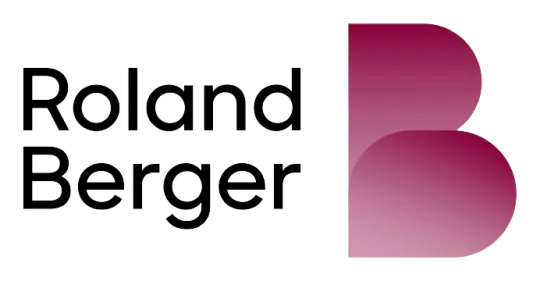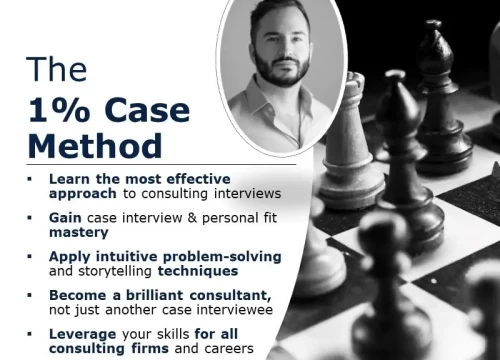Dear all,
I am currently preparing for an internship interview at Roland Berger (Asia Pacific Region- Malaysia) and am quite nervous in regards to the type of cases asked. As of yet, I have prepared for the standard market entry and brain-teasers esp. in regard to the structure of answering each question.
I wanted to inquire if anyone here has some experience with the intern case interviews and the type of cases that may be asked? I have begun preparing for some profitability as well as market study cases.
Really appreciate any input and Thanks in advance!


